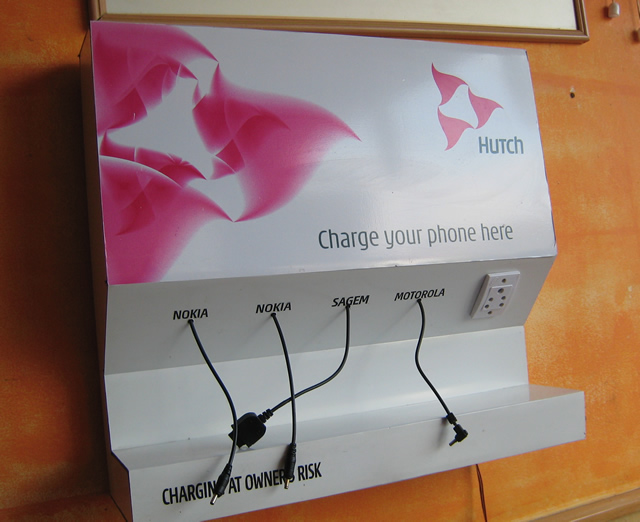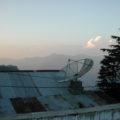I was born in 1962. During my lifetime, long-distance and mass communications, previously rare, expensive, and available only to a few, have become available to a large proportion of people all over the planet. The consequences, for individuals and societies, have been profound, and are still playing out as these critical tools continue to spread. By 2020, 4 billion human beings (80% of adults) are expected to own a smart phone: we are headed towards what my employer, Ericsson, calls the Networked Society. What changes in the world can we expect to flow from this?
One way to guess about the future is to look at the recent past. It’s a truism to say that everyone’s life has been changed by the revolutions in communications of the last fifty years. Thanks to unusual life circumstances and a curious nature, I have spent a lot of my life on the bleeding edge of those revolutions, an early participant and sometimes instigator in previously unimaginable activities such as:
- supporting, marketing, selling, and distributing products on the Internet
- creating digital media and distributing it online
- being part of, and later building and sustaining, online communities
- working, hiring, and managing staff remotely (from all kinds of locations) using email and other Internet communications tools
- earning an MBA via the world’s oldest distance-learning institution (as it, too, tried out new technologies)
- early experiments in videoblogging
- running live video events online
- … and more that I’ve probably forgotten.
Living much of my life and career online, I have experimented with just about every possible technology as it became available, developing new methods and approaches for applying them as needed.
Tools and techniques have not changed radically in 35 years, but what could be done with them has been limited by connectivity, bandwidth, and portability. When I was born, the world’s few computers were large mainframes that lived in university or government labs. Telephones were connected via copper wires, and, in some of the places where I grew up, such as Thailand and India, there weren’t very many phones in homes when I lived there. But now we’re quickly reaching a time in which all of the world’s people will be connected to each other and to powerful computers, via handheld computers (aka smart phones), over 5G networks. I now work for a company that has been and will be making this happen.
It’s been a very interesting time to live and work through. In a series of posts, I’ll be exploring my personal view of this history over my lifetime, and a global territory.




